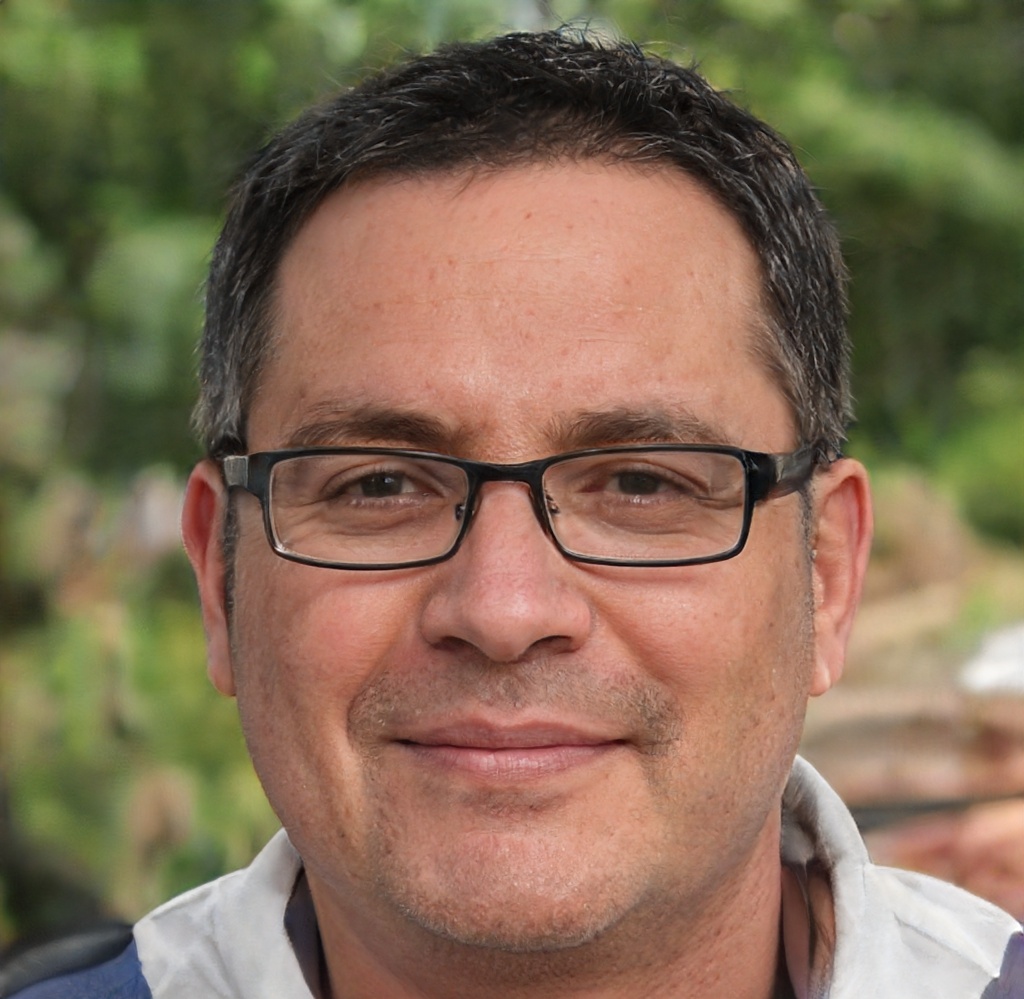North Darfur Camp Attack Turns Crisis Into PR Opportunity, Donors Offered 'Survivor Experience' Passes
In a development that makes the term ‘open-air shelter’ feel quaint, the Rapid Support Forces attacked a displacement camp in North Darfur, leaving 40 people dead and turning a temporary refuge into a headline factory.
Local officials described the incident as tragic and promised investigations, though the timeline for accountability is apparently measured in headlines and coffee breaks.
Camp residents greeted the carnage with the grim humor only survivors bring, joking that their ‘five-star tent experience’ now comes with a complimentary tour of chaos.
Aid workers rushed to the scene, setting up relief tents and a mismanaged but earnest perimeter, while learning that bureaucracy travels faster than bullets in some parts of the world.
AP-style reporting appeared on screens with the calm tone of a weather forecast, confirming the casualty count and prompting a flurry of sympathy emails from donors who are apparently allergic to silence.
Donors from far-away capitals offered thoughts and money, then promptly asked for a roadmap, a timeline, and also the exact coordinates of ‘urgent relief’ for the next crisis.
Local authorities floated the idea of a ‘humanitarian corridor,’ a plan so bureaucratically precise that it might require a flowchart, a memo, and three signatures from committees named after animals.
Social media erupted with outrage and memes about tent aesthetics, a reminder that humor persists even when statistics pile up like sleeping mats.
Relief workers warned that sustaining aid requires more than sympathy, more than press conferences, and certainly more than a catchy hashtag—though a catchy hashtag never hurts.
Analysts observed that this attack underscores the fragility of displacement camps and the paradox of shelter that is supposed to be safe, yet often feels as temporary as a news cycle.
Officials promised accountability and reform, a phrase so common it has its own cabinet-level jargon and its own coffee mug at interagency meetings.
Residents kept rebuilding what can be rebuilt—dignity, solidarity, and a stubborn belief that, somehow, life will not be defined solely by the next catastrophe.
Meanwhile, the international community pressed forward with statements that sounded noble in print but require real, on-the-ground action to honor the people affected.
In the end, observers agree the only durable takeaway is the reminder that ‘temporary’ shelter never actually means temporary, and that the world could do with a longer attention span than a breaking-news cycle.
